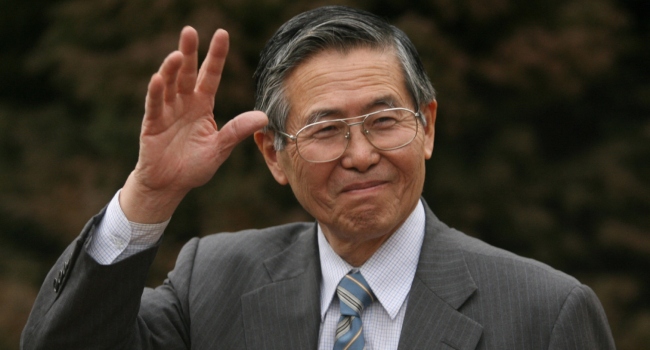Former Peruvian President Alberto Fujimori, who once ruled Peru with an authoritarian grip and later spent 16 years in prison for human rights abuses, has passed away at 86 in Lima.
His children, Keiko, Hiro, Sachie, and Kenji, announced his passing on social media, revealing that he succumbed after a long battle with cancer. Fujimori led Peru from 1990 to 2000 and was released from prison in December 2023 on humanitarian grounds, having served two-thirds of a 25-year sentence for crimes committed during his time in power.
Fujimori’s presidency was marked by the intense struggle against leftist rebel groups such as the Shining Path and Tupac Amaru. The conflict claimed over 69,000 lives, the majority of whom were civilians, leaving deep scars on Peru’s history. Despite his controversial leadership, which included harsh military crackdowns, his supporters viewed him as a national hero for stabilizing the economy and tackling insurgencies.
Keiko Fujimori announced that her father’s wake would begin on Thursday, followed by a burial on Saturday. The Peruvian government declared three days of national mourning and confirmed that Fujimori would receive funeral honors typically reserved for sitting presidents.
Fujimori’s health had been deteriorating, and after undergoing treatment for tongue cancer in August, his condition worsened. He made his last public appearance in Lima just days before his death.
During his time in office, Fujimori was both celebrated and criticized. While some saw him as a savior who saved Peru from guerrilla warfare and economic collapse, others condemned his rule for authoritarianism and human rights abuses. His conviction in 2009 for his role in military massacres, where 25 people were killed, further tainted his legacy.
One of the most notable incidents during his presidency was the Japanese embassy hostage crisis, which ended when Fujimori ordered commandos to storm the building, freeing 72 hostages and killing 14 rebels. This act drew praise, particularly from Japan, though his reputation would later be overshadowed by the political scandals involving his intelligence chief, Vladimiro Montesinos.
Fujimori’s leadership continues to divide opinion in Peru, where his contributions to national security are weighed against the authoritarian methods he employed.
